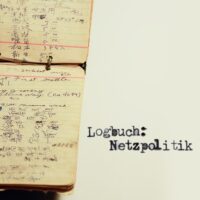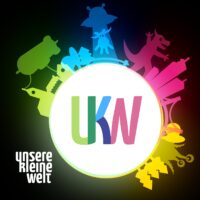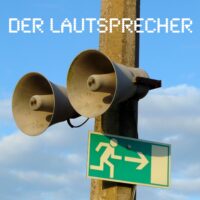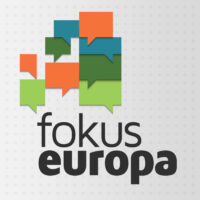Crimea Crisis — Turkey — Missing Malaysian Airplane — Cyprus One Year Later — Fukushima Three Years Later — Internet Freedom — MIT Technology Review
This week we start with some unavoidable big story updates, as both the Ukraine and Russia talk tough in the lead up to Sunday's Crimea referendum. In Turkey there have been confrontations in several cities between police and protestors following the funeral of a teenager mortally injured in last year's clashes. Still no information on what happened to the missing Malaysian Air flight to Beijing. An analysis of Cyprus one year since the bank bailout. Japan plans to turn on their nuclear reactors again. And finally an op-ed from some internet heavyweights about combatting censorship worldwide. Our NEWZ Source this week: the MIT Techonology Review.
Links:
- Ukraine Update: Referendum Sunday, US and EU Action Against Russia
- Street Battles Erupt In Turkish Cities
- Malaysia Airlines Flight Remains Missing
- One Year Since Cyprus Bank Bailout
- Japan To Reactivate Nuclear Plants
- The Future of Internet Freedom (Opinion Piece)
- Frontline Special: Generation Like
- NEWZ Source: MIT Technology Review


















As I commented last week the Community for Democracy and Rights of Nations is not completely made up of disputed lands with Russian majorities. Therefore the “non-Russian” member Nagorno-Karabakh Republic receives also some support from Western nations.
To answer something else Mark said, of course the point is not that Russia protects Russian speakers, they protect those Russian speakers with a ethnic or cultural connection to the “motherland”. And of course “protect” mostly means “regards them as part of the Russian sphere of influence”.
These maps are based on the last Ukrainian census in 2001. The first one shows the distribution of the ethnic Russian population, the second the distribution of L1 Russian speakers:
https://commons.wikimedia.org/wiki/File:Russians_Ukraine_2001.PNG
https://commons.wikimedia.org/wiki/File:Ukraine_census_2001_Russian.svg
So while there are less ethnic Russians than Russian speakers, the number is still significant and regardless many of the L1 Russian speakers have close cultural ties to Russia.
And actually I would disagree there are similar examples. Hungary would be one. Under Orbán in 2010 a naturalisation process was established for Hungarian minorities in countries around Hungary. This is of course why Crimea is regarded as a bad example: there are many parts of Europe with unsettled trans-border ethnic conflicts.